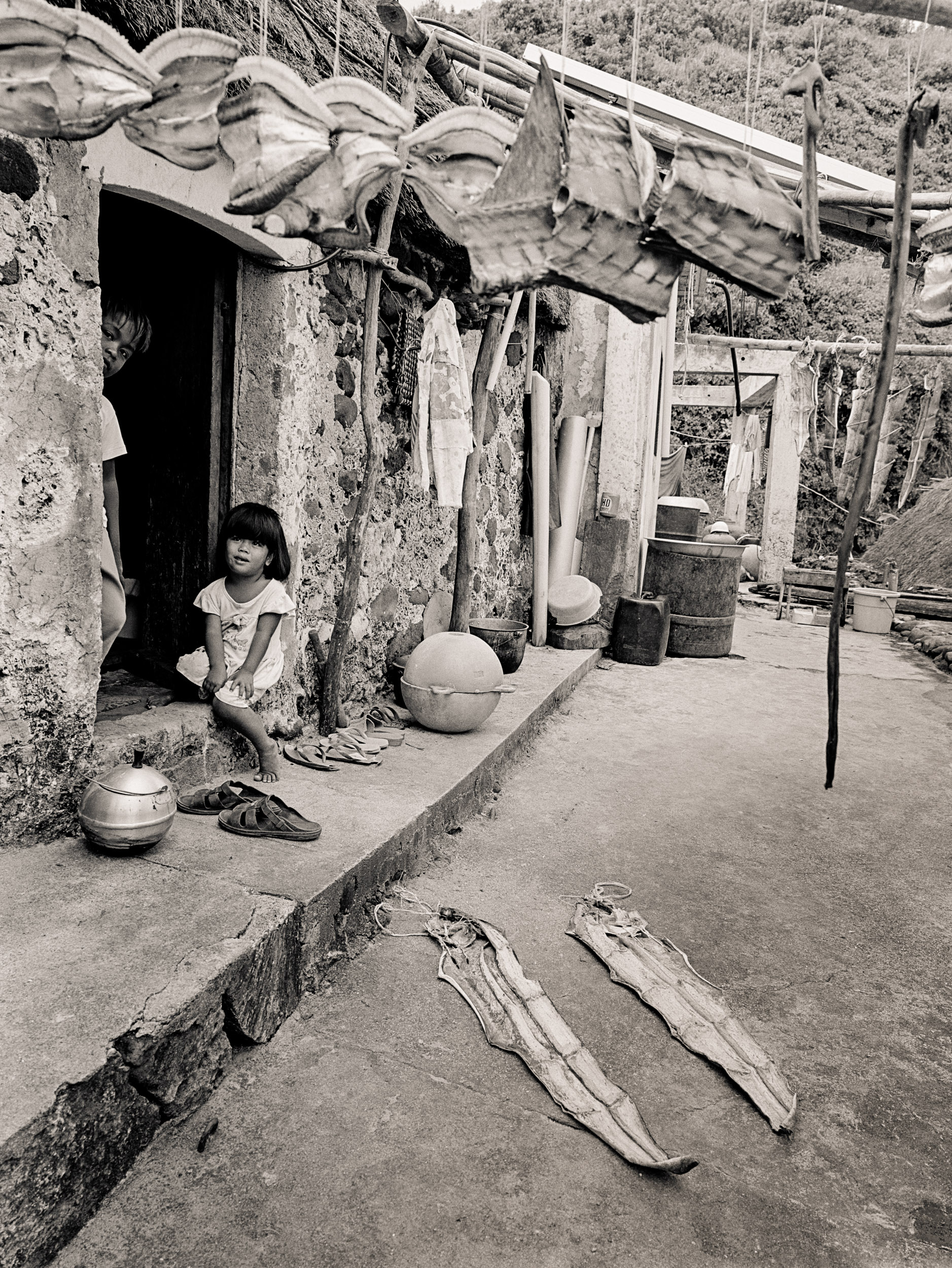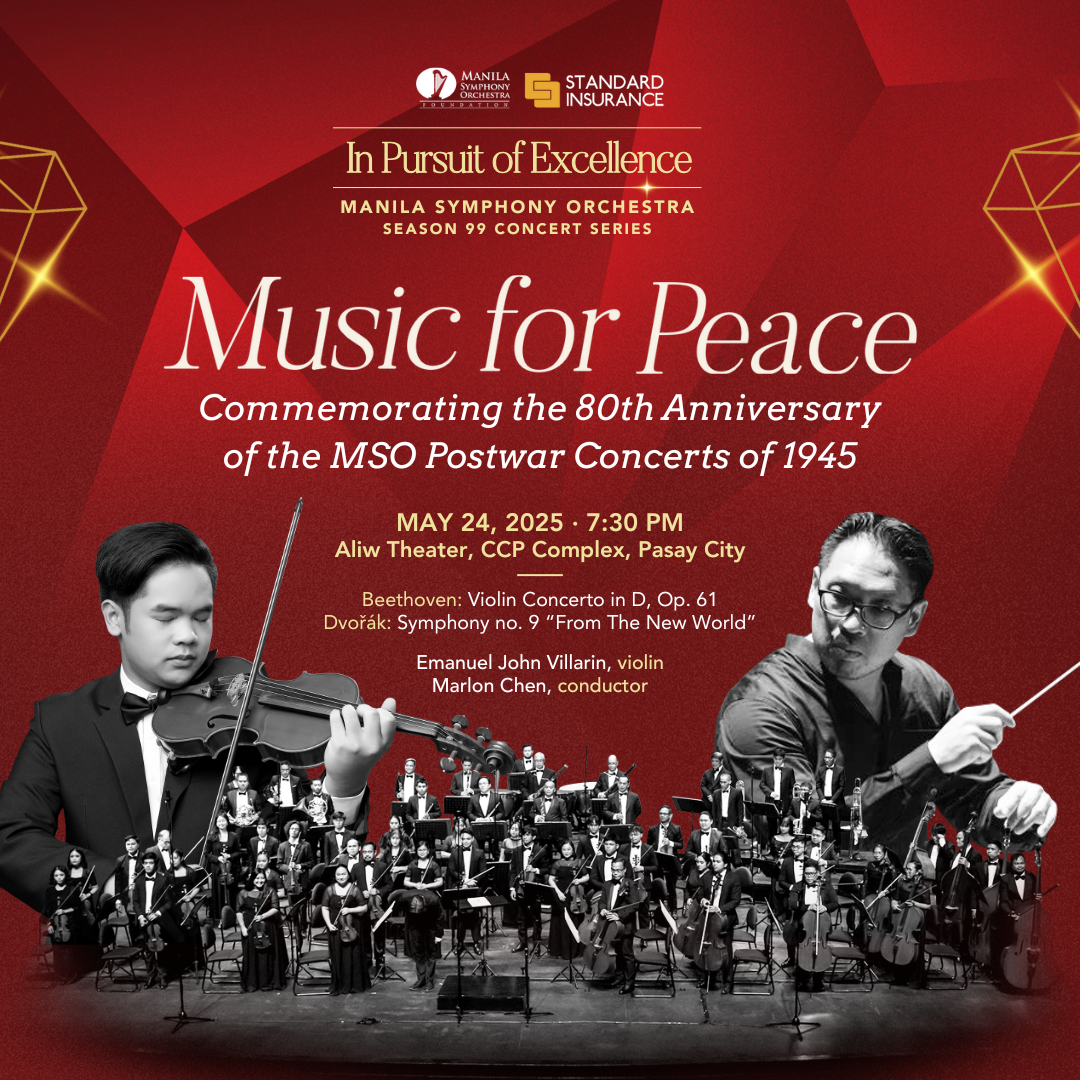Understanding the administration’s uncommon sense
President Rodrigo Duterte won the presidency on the back of his campaign promise to end crime and the proliferation of drugs within “three to six months.”
Well, half that timeframe is up. He has since asked for an extension, saying that he underestimated the magnitude of the country’s drug problem.
But, if Philippine National Police Chief Ronald dela Rosa is to be believed, crime rate is down 31 percent from last year, while Duterte’s vice presidential running mate and current Senator Alan Peter Cayetano, during a Senate hearing, compared the country’s public safety under his President to that of Singapore’s.
Except, an estimated 3,800 people are dead as a result of Duterte’s war on drugs – a microscopic percentage of which are under proper investigation – while the President himself declared the country under a “state of lawlessness” following a bombing in his beloved city of Davao.
The President has cursed at virtually everyone—the US, President Barrack Obama, US Ambassador Philip Goldberg; the entire European Union, The United Nations and the Pope—while unleashing crass remarks about the Australian Ambassador, the Jews, God and everything in between.
Critical response
But a clear pattern has emerged when it comes to Duterte’s tirades, as Pia Ranada of Rappler, who has closely followed the President since the campaign trail, points out.
His default response to criticism is to fire back—and fire back harder.
Apart from his rhetoric – which many see unfit for a statesman – there has rarely been any criticism of Duterte other than that of the extrajudicial killings linked to his war on the drugs. And because he is so impassioned in his crusade against what he calls the drug menace, he doesn’t take kindly to those that question his means—particularly when it comes from outsiders.
As noted by Ranada, according to a Cabinet secretary who has known the President for a while, “In Duterte’s mind, issuing public statements against him is a form of ‘grandstanding’ at his expense.”
Former president Fidel V. Ramos, who was the first person Duterte thanked in his inaugural speech, was critical of the President’s first three months, writing in a Manila Bulletin piece that Duterte could have done much more “…if he had hit the ground running instead of being stuck in unending controversies about extrajudicial killings
of drug suspects and his ability at using cuss words and insults instead of civilized language.”
Beyond the word war
Much of the narrative about the new administration’s first 100 days has centered on the war on drugs and the body count related to it that has kept its steady incline.
The administration has frequently blamed the media coverage of the administration for focusing far too much on the killings and painting a negative picture of the President and his plans for the country.
Which begs the question, apart from purging the country of druggies, what is the long game of this administration?
If you are to take Duterte’s word (something which is almost impossible – just ask his communications team of interpreters), he appears to be leaning towards an independent foreign policy, as his verbal assaults on long time allies carry on.
But what exactly does that mean?
Across the board, there appears to be vagueness and the lack of a concrete plan.
The Department of Transportation, which is seeking emergency powers to solve the traffic crisis, was recently faulted by the Senate for submitting road, maritime and rail project proposals that do not have approved funding.
Within a month of being inaugurated, Duterte signed an Executive Order for the Freedom of Information in the Executive branch, which was widely lauded. Only, it turns out, there are 166 things people cannot ask for under the EO bill – which include SALN (statements of assets and liabilities) of public officials, and government spending. Reports have since come out that a revision will be submitted trimming that number to 10.
The proposed tax reform has been labeled as anti-poor, which while lowering the income tax for the middle class, will effectively hike up fuel prices.
House Speaker Pantaleon Alvarez also called out the Department of Finance for failing to make specific proposals to make tax collection more efficient.
In a recent press briefing Presidential Spokesman Ernesto Abella said, Duterte’s three-fold mission includes reducing poverty from 26 to 17 percent; establishing an orderly society by reducing crime, corruption and illegal drugs; and seeking lasting peace with communist and Moro rebels.
“The President does have a long term vision. It hasn’t really been expounded on, it’s not public knowledge but he does have a vision for that,” he also said.
By TIMOTHY JAY IBAY
Decoding Duterte
Published on October 17, 2016
This post was last updated on March 26th, 2020 at 02:58 pm









